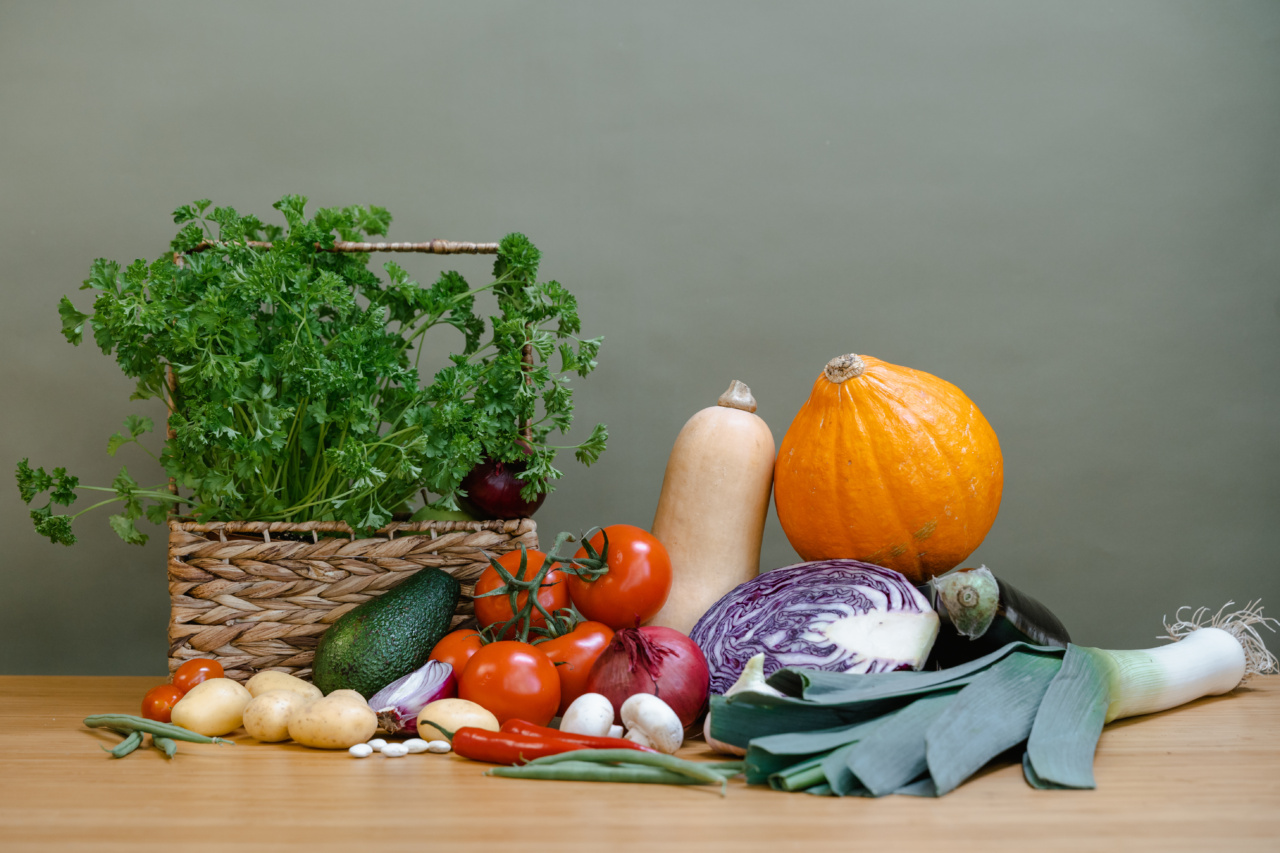Diabetes is a chronic medical condition that affects millions of people worldwide. It is characterized by high glucose levels in the blood which can cause various complications if left uncontrolled.
For people with diabetes, managing their diet is crucial to keep their blood glucose levels within the normal range. The question is whether beans and potatoes are safe for those with diabetes. In this article, we will explore the benefits and potential risks of consuming beans and potatoes for diabetics.
What Are Beans and Potatoes?
Beans are a type of legume that come in various shapes, sizes, and colors. They are an excellent source of plant-based protein, fiber, vitamins, and minerals. Popular types of beans include kidney beans, black beans, chickpeas, lentils, and peas.
Potatoes, on the other hand, are a starchy tuber that are widely consumed all over the world. They are a rich source of carbohydrates, vitamin C, potassium, and other nutrients.
Benefits of Beans and Potatoes for Diabetics
Beans and potatoes offer several health benefits for people with diabetes:.
- Fiber: Both beans and potatoes are rich in fiber which helps slow down the digestion and absorption of glucose by the body. This can help regulate blood glucose levels and reduce the risk of spikes.
- Low glycemic index: The glycemic index (GI) is a measure of how quickly a food raises blood glucose levels. Both beans and potatoes have a low to moderate GI, meaning they have a slower and steadier effect on blood glucose levels.
- Nutrient-dense: Beans and potatoes are packed with vitamins, minerals and other nutrients that are important for overall health. They are both relatively low in fat and calories, making them a good dietary option for people with diabetes who are trying to manage their weight.
Potential Risks of Beans and Potatoes for Diabetics
While beans and potatoes offer many benefits for people with diabetes, there are also a few potential risks to consider:.
- Carbohydrate content: Both beans and potatoes are high in carbohydrates, which can cause blood glucose levels to rise. For this reason, it is important for people with diabetes to monitor their carbohydrate intake and portion sizes carefully.
- Preparation: The way beans and potatoes are prepared can impact their impact on blood glucose levels. Fried potatoes, for example, can significantly increase blood glucose levels due to their high fat content. Similarly, canned beans that are loaded with salt and other additives should be avoided.
- Interactions with medication: Some medications used to treat diabetes can interact with certain compounds found in beans and potatoes. For this reason, it is important for people with diabetes to consult with their healthcare provider before making any changes to their diet.
Tips for Incorporating Beans and Potatoes into a Diabetic Diet
If you have diabetes and would like to include beans and potatoes as part of your diet, here are some tips to keep in mind:.
- Choose whole, fresh foods: Opt for fresh, whole potatoes instead of processed versions like french fries or potato chips. Similarly, choose dried beans that are free of additives and preservatives.
- Watch portion sizes: While beans and potatoes are nutrient-dense, they are also high in carbohydrates. It is important to monitor your portion sizes and track your carbohydrate intake carefully.
- Use healthy preparation methods: Instead of frying or sautéing potatoes, try baking, boiling, or roasting them. Similarly, use low-fat cooking methods like steaming or boiling for beans.
- Pair with other healthy foods: Incorporate beans and potatoes into a balanced meal that includes other healthy foods like vegetables, lean protein, and healthy fats.
Conclusion
In conclusion, both beans and potatoes can be safe and nutritious for people with diabetes when consumed in moderation and prepared healthily.
They offer numerous health benefits, including fiber, vitamins, and minerals, while being low in fat and relatively low in calories. However, it is important to track portion sizes and monitor carbohydrate intake carefully to avoid blood glucose spikes. Consult with your healthcare provider if you have any concerns about incorporating beans and potatoes into your diet.































